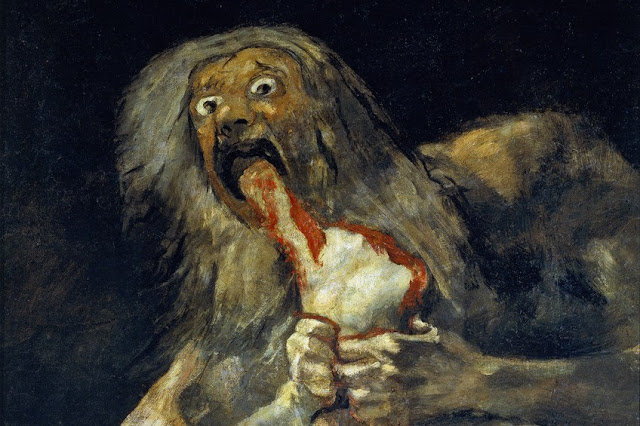Artificial Intelligence Versus Human Creativity
Literature is one of the most cherished forms of human expression. It has the power to inspire, provoke, and entertain. For centuries, writers have crafted masterpieces using their creativity, imagination, and skill with words. However, with the rise of artificial intelligence (AI), some are beginning to wonder whether machines could eventually replace human authors.
On the one hand, AI has made significant strides in recent years when it comes to generating text. Thanks to machine learning algorithms and natural language processing, AI can now write articles, essays, and even entire books that are grammatically correct and coherent.
However, many argue that there is still a significant gap between human authors and AI-generated text when it comes to literary works. While AI can produce text that is grammatically correct and coherent, it lacks the creativity, emotion, and depth that are essential to literature.
The process of writing a novel, for example, involves much more than just putting words on a page. It requires an understanding of character development, plot, pacing, and theme. These are all elements that require a deep understanding of the human experience, something that AI does not possess.
Moreover, literature is not just about conveying information; it is about connecting with readers on an emotional level. The best books are those that touch readers' hearts, that make them feel something profound and lasting. This is something that AI-generated text cannot achieve because it lacks the empathy and emotional intelligence that is innate in human authors.
Another aspect of literature that is difficult for AI to replicate is the individuality and uniqueness of human authors. Each writer brings their own voice, style, and perspective to their work, creating a distinctive literary fingerprint that sets them apart from others. This personal touch is something that cannot be replicated by machines.
However, this is not to say that AI has no place in literature. In fact, there are already examples of AI-generated literature that have been praised by some critics. For example, in 2016, a Japanese AI program called Hikari no Sumika (House of Light) wrote a short novel that made it through the first round of screening for a literary prize. The novel was not a literary masterpiece by any means, but it did show that AI has the potential to generate compelling stories.
In conclusion, while AI has made significant strides in generating text, it still has a long way to go before it can replace human authors in the realm of literature. The creativity, emotion, and individuality that human authors bring to their work are essential elements that are difficult for machines to replicate. Nevertheless, AI-generated literature has the potential to offer unique insights and perspectives that complement the work of human authors. Ultimately, the best results are likely to come from a collaboration between human authors and AI, with each contributing their own strengths to create something truly remarkable.
(All of this was written by AI by the way.)



Comments
Post a Comment